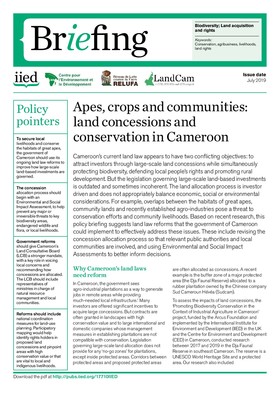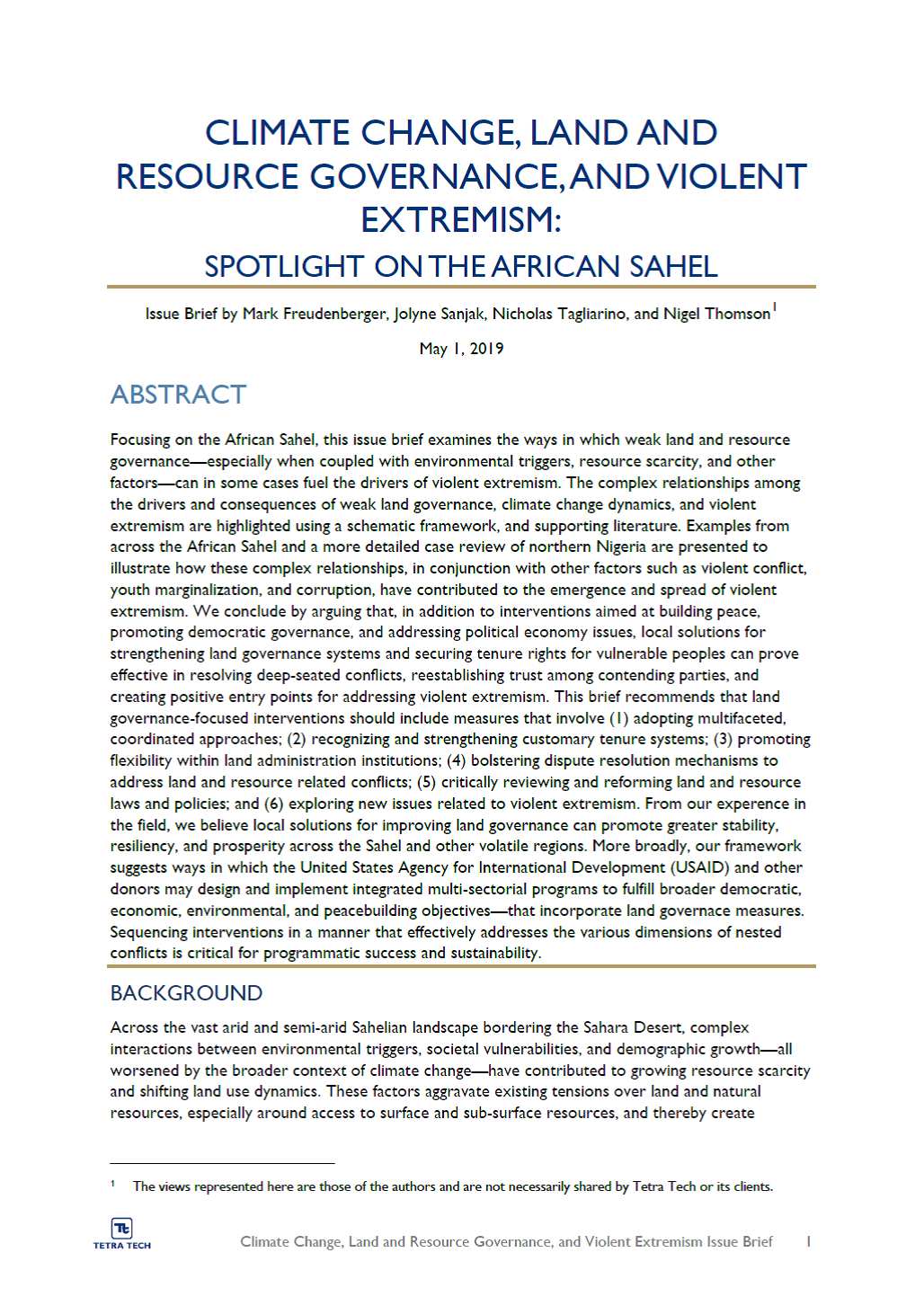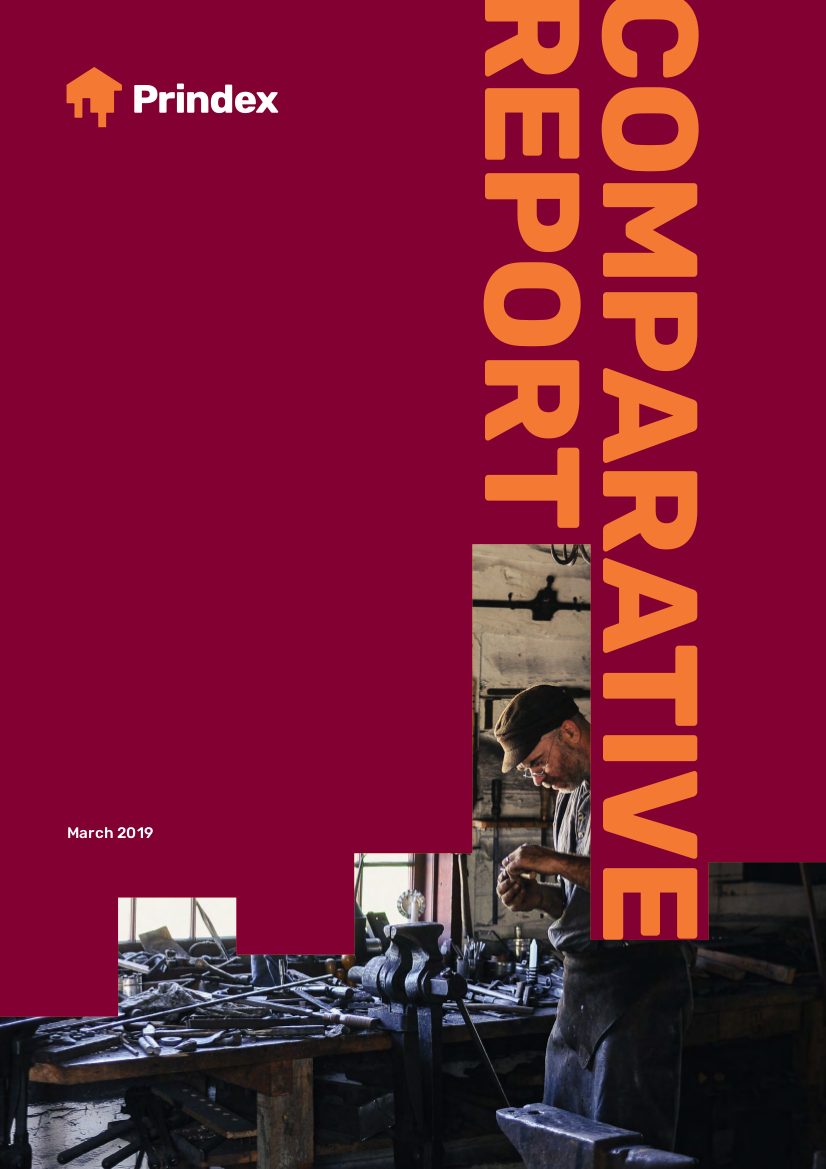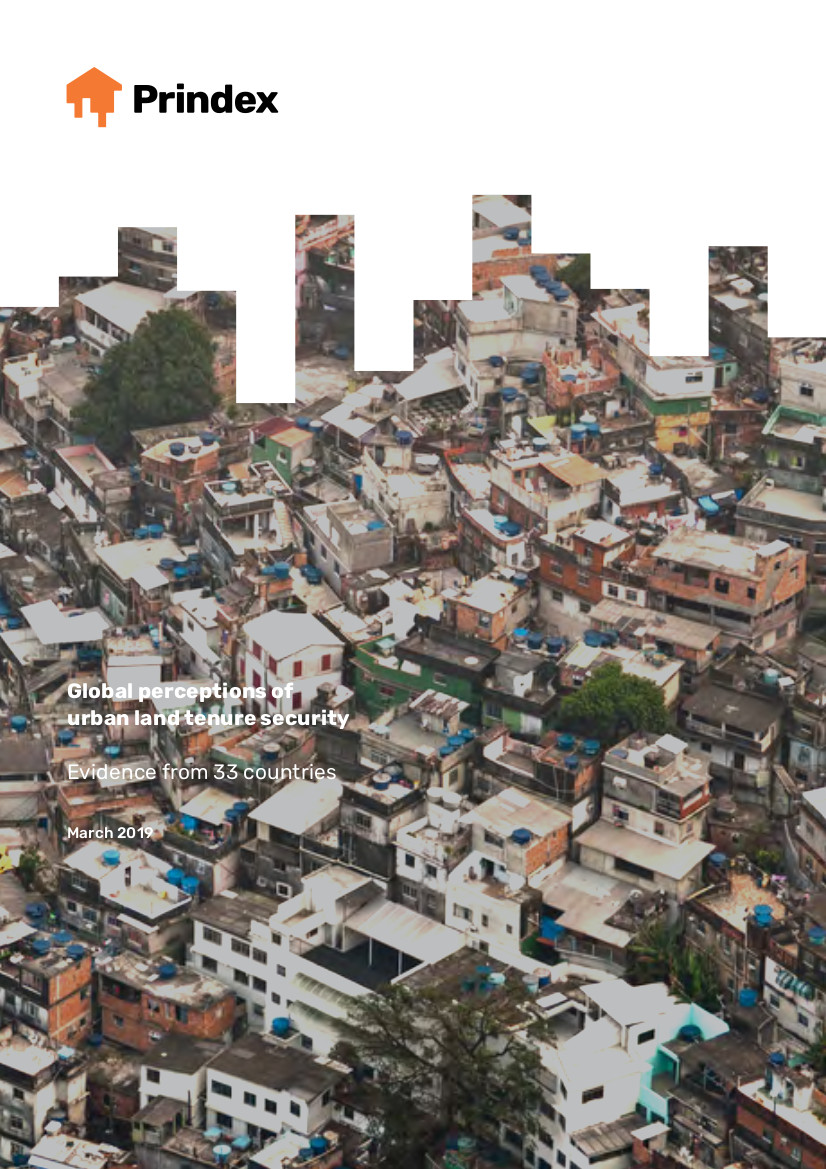Land resource conflict mitigation diplomacy for harmonious inter communities coexistence: the Oku-mbessa legacy in the North West region of Cameroon
Land resources in montane highlands often represent common property prerequisites for the survival and sustenance of the human in communities that are dependent thereof. The Oku and Mbessa communities on the northern fringe of the Ijim-Kilum citadel have in the course of manning their respective base resources sowed a spectre of edgy perceptions and practices of ownership entitlements that have hatched land resource conflicts.








